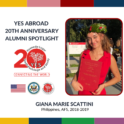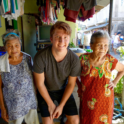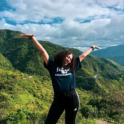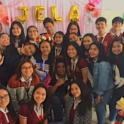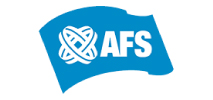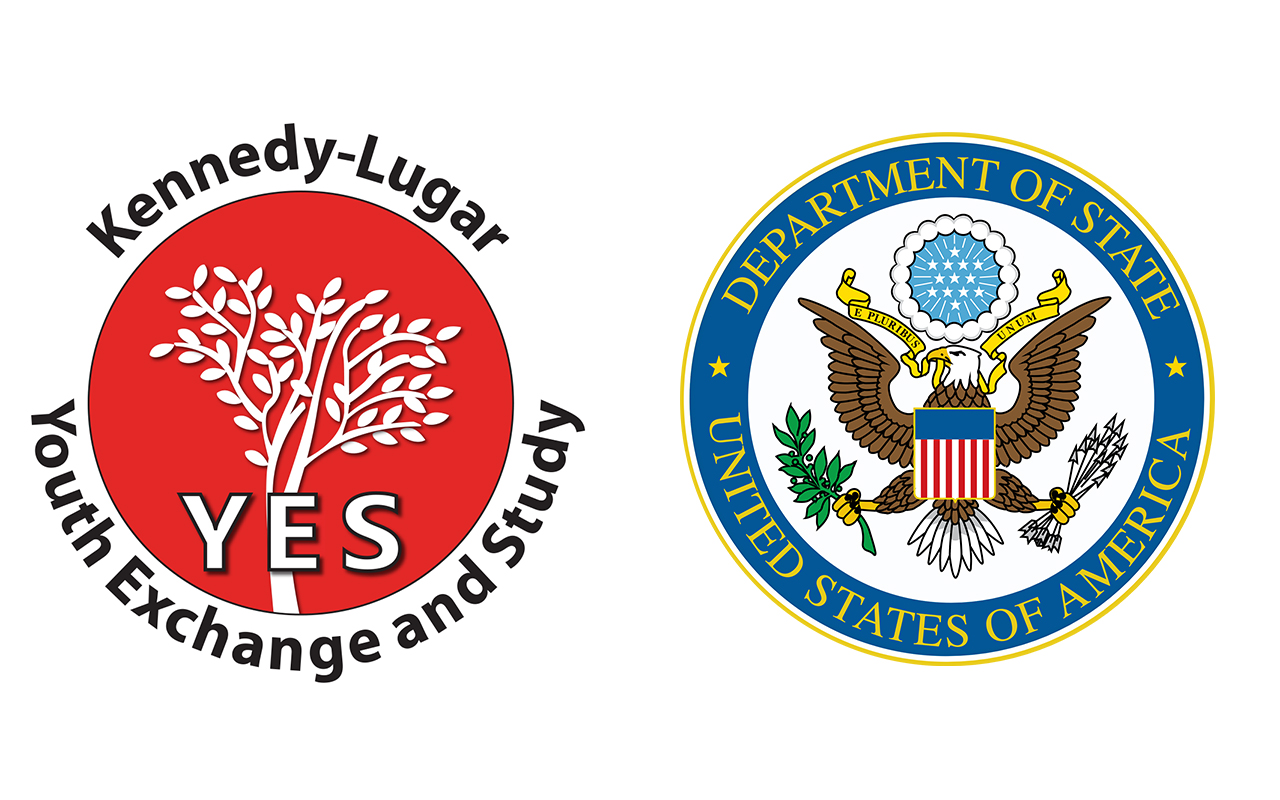Philippines (2014-2021)
The Kennedy-Lugar Youth Exchange and Study (YES) Abroad program does not currently offer scholarships to study in the Philippines.
The YES Abroad program brought students from the United States to the Philippines for 7 academic years from 2014-2021.


